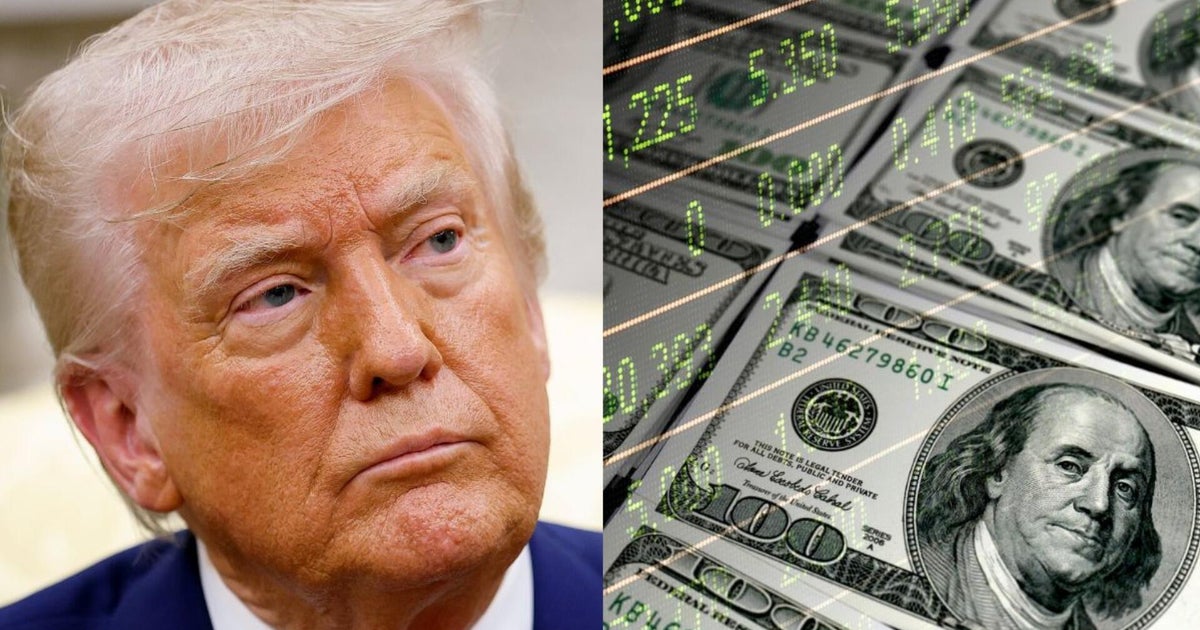South Florida businesses and consumers are feeling the impact of tariffs, leading to increased prices, cautious spending, and concerns about future costs for essential goods and housing.
Frank de Mir said he hasn’t been selling many hats since the tariffs began. His wholesaler doubled his costs and he said he’s had to pass some of that on to customers
“People are holding on to their money,” said de Mir.
He shops at Costco for his family and said he’s stocking up on items that may go up in price.
“Toilet paper, rice, beans,” de Mir said. “Things may sit in the pantry awhile.”
With online sites like Amazon predicting that goods made in China, like toys and electronics, are likely to rise in price some shoppers are buying ahead; however, many customers at BJ’s said they are taking a wait-and-see approach, not panic buying because of the tariffs.
Keenan Evans, an operations manager, said he isn’t stockpiling anything. But the tariffs are affecting his decision to buy a home
“There are less houses and new construction is costing more because of the tariffs on the items that go into building,” said Evans.
Joao Hollanda has run his sandwich and salad shop for 10 years. He said the tariffs haven’t hit home yet, but he expects that to change.
“I have to see how much I have to increase wages,” said Ho. “So I don’t know how long I can hold the line.”
What are tariffs?
Tariffs are taxes paid by importers like Walmart, which must pay the fees to the U.S. Customs and Border Protection when it accepts shipments at American ports. As a result, U.S. businesses typically pass on most or all of that cost to consumers through higher prices.
What will Trump’s reciprocal tariffs do?
For the Trump administration, these tariffs are meant to pressure other nations into more favorable trade deals and push American businesses to invest more in domestic manufacturing and boost economic growth.
President Donald Trump argues that global tariffs have given an unfair advantage to countries like China, Germany and Japan.
Another goal of tariffs is to generate federal revenue — funds Trump will likely need to offset additional tax cuts he promised to Americans and to corporations.
Critics and economic experts say the White House’s reciprocal tariffs will raise prices on the average consumer, slow economic growth and trigger a recession
Proponents have said Trump’s reciprocal tariffs could help protect critical U.S. industries and U.S. workers from “unfair” foreign competition.




